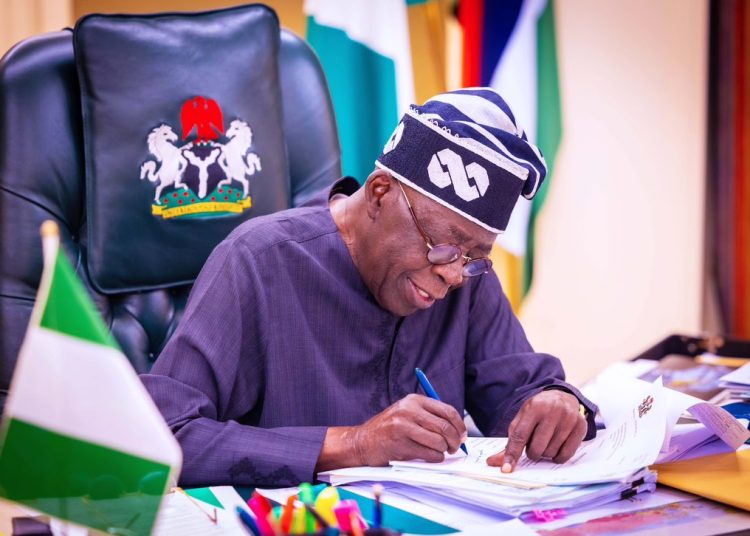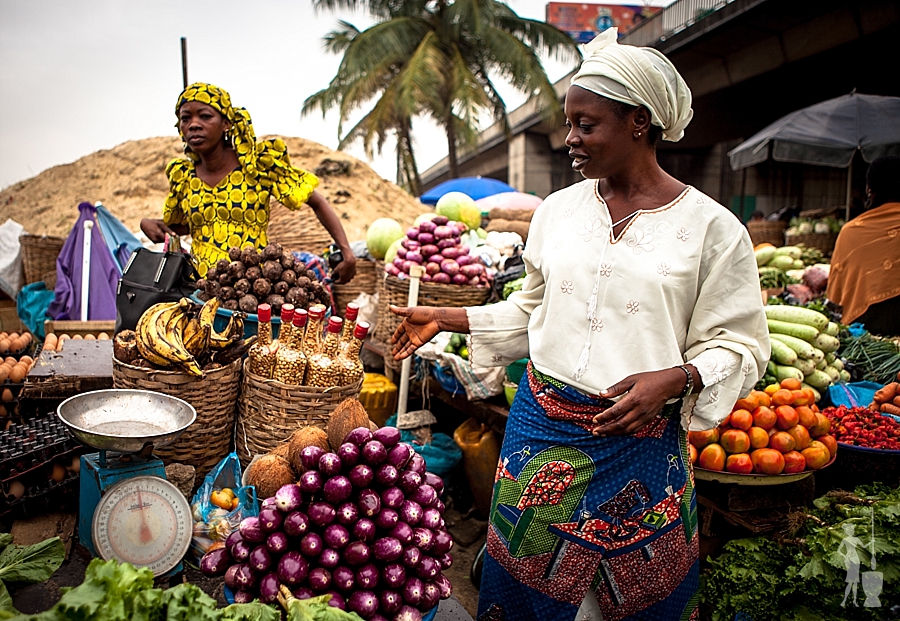The Independent Media and Policy Initiative (IMPI) has compared the economic policies of the President Bola Tinubu administration to the economic reforms that transformed Singapore, Malaysia and Rwanda to modern, market-driven economies.
The only difference, according to the policy think tank, is that President Tinubu has been carrying out reforms in a multi-party democracy that guarantees the rights of the opposition parties.
In a policy statement signed by its Chairman Dr Omoniyi Akinsiju, IMPI argued that inspite of outrage against the reforms in some quarters, the Tinubu administration is condemned to stay the course in national interest.
“Expectedly, we have witnessed many events and instances of outrage against the reforms even though many Nigerians in public are delighted to eulogise the reforms that transformed economies of countries like Singapore, Malaysia, and Rwanda into modern-day market-driven economies.
“This is without considering how long it took those economies to attain their current status under their respective reformist champion.
“It took Lee Kuan Yew, for instance, the first seven years of implementing his reform agenda plus the banishment of opposition politics before there was any indication of the envisaged economic character his reforms set out to accomplish.
“Under Paul Kagame, Rwanda is still a going concern regarding economic reforms, which he commenced in the vastly agrarian country about 25 years ago. Again, like Singapore, opposition politics is not tolerated in the East-Central African country.
“In this way, we urge President Bola Tinubu to stay the course of the reforms because we are sanguine about their impactful outcomes and potential to elevate Nigeria’s economic standing,” iMPI added.
The policy group is of the view that President Tinubu deserves credit for going ahead with the reforms inspite of the political risks involved in the opposition capitalizing on the attendant pains to drive its agenda.
It said: “Despite these challenges, we commend President Tinubu for his steadfast commitment to advancing economic reforms amid substantial opposition over the past 22 months.
“The administration has demonstrated a dedication to its reform agenda despite the lack of immediate incentives for engaging in long-term change, which is characteristic of developing nations. This requires significant statesmanship and leadership, akin to navigating uncharted territories.
“Against evident resistance to economic reforms, President Tinubu has shown exceptional perseverance, driven by a forward-looking vision for Nigeria’s economy that prioritises national interest over personal or electoral gains.
“This commitment is particularly notable considering the conventional approach of starting reforms with minor and more manageable steps to build success stories and political support.
“Reforms are typically categorised into first-generation reforms, focusing on macroeconomic stabilisation and liberalisation, and second-generation reforms, which deal with institutional changes and public service improvements.
“But the Tinubu administration has embarked on first- and second-generation reforms simultaneously, demonstrating its comprehensive engagement with economic reformation.”
The policy think tank also provided some insights into the nature of the Tinubu reforms as well as the outcome even before the administration’s mid term.
“Despite the political opposition and other sundry interest groups sniping at the reform implementation, our impact analysis implicates an emerging and truly liberalised economy, which is an accomplishment of the primary objective of the reform agenda.
“This is exemplified in Nigeria’s total trade exports, which surged to a high of $50.4 billion in 2024, driven by exchange rate depreciation due to the harmonization of foreign exchange windows and the elimination of fuel subsidies, the two flagship foundational policies of the reform agenda.
“Data from the National Bureau of Statistics (NBS) show that Nigeria recorded a total trade volume of N138 trillion, the highest in the country’s history, representing a 106 per cent increase compared to the previous year. This translates to $89.9 billion in dollar terms, indicating a 22.1 per cent surge in 2024 when dollarised. It also rebounded from the 35 per cent decline in 2023 when the government introduced the more market-driven exchange rate.
“Under the facilitation of the Tinubu administration, Nigeria is redeeming its image in the perception of foreign investors. Over the years, concerned investment experts lamented that it is a tragedy that a country of more than 220 million people has been unable to attract more than $2 billion worth of net Foreign Direct Investment (FDI) inflows annually in recent years.
“This is changing: when foreign investment inflow into the country in 2024 is finally tallied, Nigeria may have received about $21 billion worth of foreign investment, with only the Nigeria National Petroleum Corporation Limited (NNPCL) attracting $17 billion.
“Also, total FAAC allocations jumped to N15.26tn in 2024, a 43% increase from the previous year. Again, the surge can be attributed to the Tinubu administration’s fiscal reforms, including removing fuel subsidies and exchange rate adjustments, significantly boosting oil revenue remittances,” it explained.
IMPI is however concerned that inspite of falling food prices, the agriculture sector has continued to record distorted growth in the last five years, slumping from 3.42 percent in 2020 to 1.74 percent in 2024.
It expressed hope that recapitalization of the Bank of Agriculture (BOA) and the recently sealed Green Imperative Project (GIP) deal with Brazil, targeting small scale farmers across the 774 local government areas will help boost growth in the sector
End














